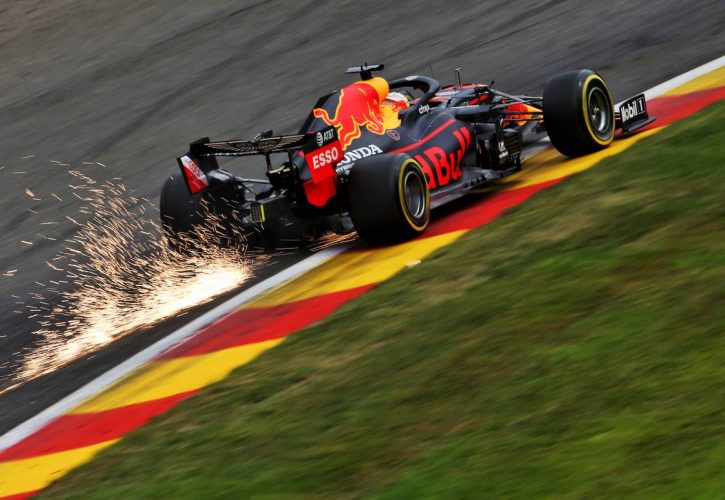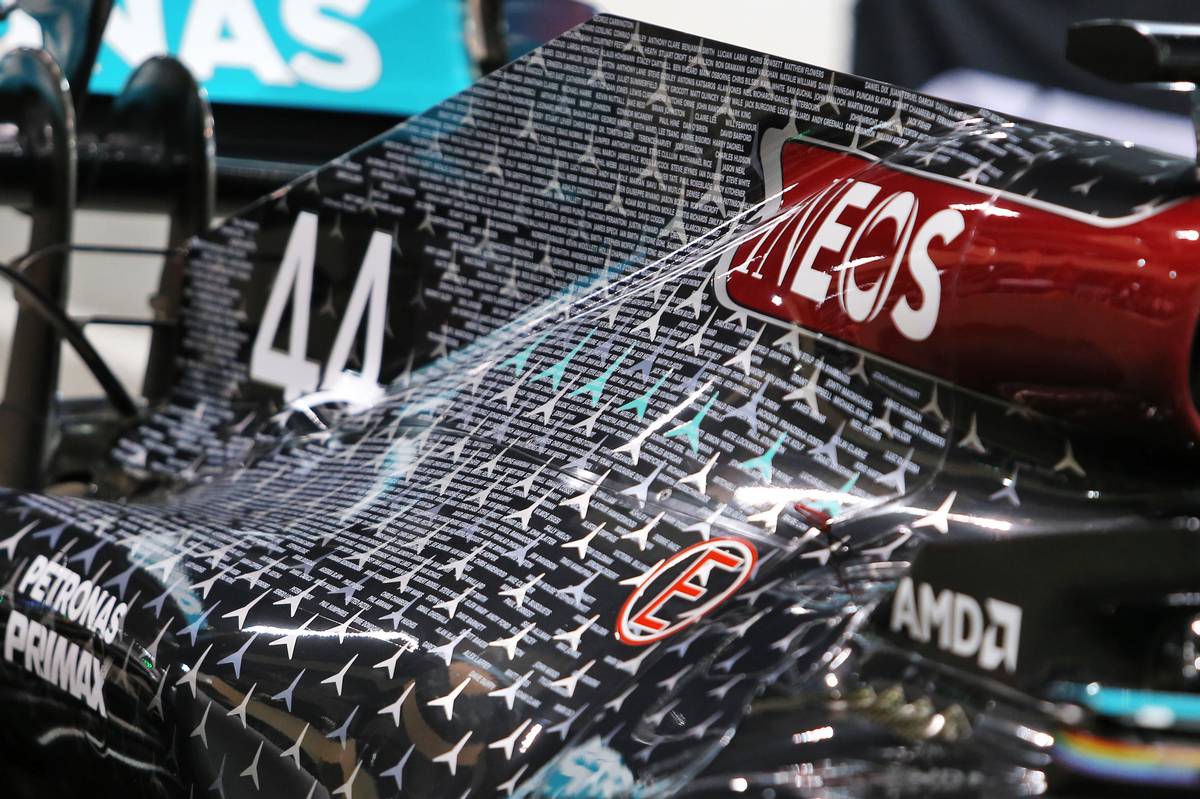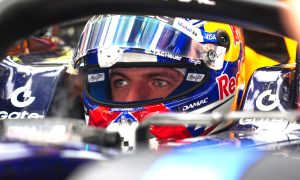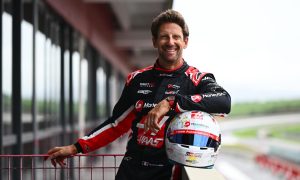
Formula 1 chief executive Stefano Domenicali believes the sport's future will prove the merits of hybrid engine technology as applied to the automobile industry as an alternative to electrification.
Formula 1, the teams and the FIA are set to define the regulations surrounding Grand Prix racing's next engine cycle that is expected to start in 2026 at the latest.
Initial discussions appear to point to a framework that will include once again F1's hybrid technology, in some form or the other, which was first introduced in 2014.
But the automobile industry's ongoing paradigm shift to electrification has sparked the prospect of a battery powered F1 in the future.
Formula E founder Alejandro Agag has gone as far to say that F1 and the all-electric series should merge "before it's too late", insisting the era of the internal combustion engine is over.

But Domenicali disagrees and sees a bright future for F1's hybrid engines, supported by their manufacturers at a reasonable cost.
"Sustainability can be seen on a CO2 dimension, or [with] a lot of other things related to it, but let’s focus on the emissions or technology," the Italian said in an interview with Sky Sports F1.
"I think Formula 1 has a great future to showcase that there is not only electrification in the automotive world. I think hybridisation is a great path and will have a great future.
"Formula 1 has to use this to make sure the OEMs [original equipment manufacturers] will invest, in order to show there is this way of being sustainable in a different way.
"That is something I want to focus the attention of the teams and the OEMs on for the future, with a big attention on cost."
In addition to cost, road relevancy is also among the Domenicali's priorities regarding tomorrow's F1 engine.
"The mistake that was done in the past was related to putting only technology at the head of the priority and not the cost," he explained.
“We have to make sure the hybrid technology that will be used has relevance for the road cars, but will also start from a very different investment and cost base.
“It’s not possible that a power unit in Formula 1 can cost what it’s costing today. I think there is a big margin on that.
“One of the big objectives we have is that we’d like to involve teams and OEMs to try to anticipate the new engine even earlier than what is expected in the new regulations, and make sure these kinds of things will be part of the agenda. I’m sure we can do it."
Gallery: The beautiful wives and girlfriends of F1 drivers
Keep up to date with all the F1 news via Facebook and Twitter






